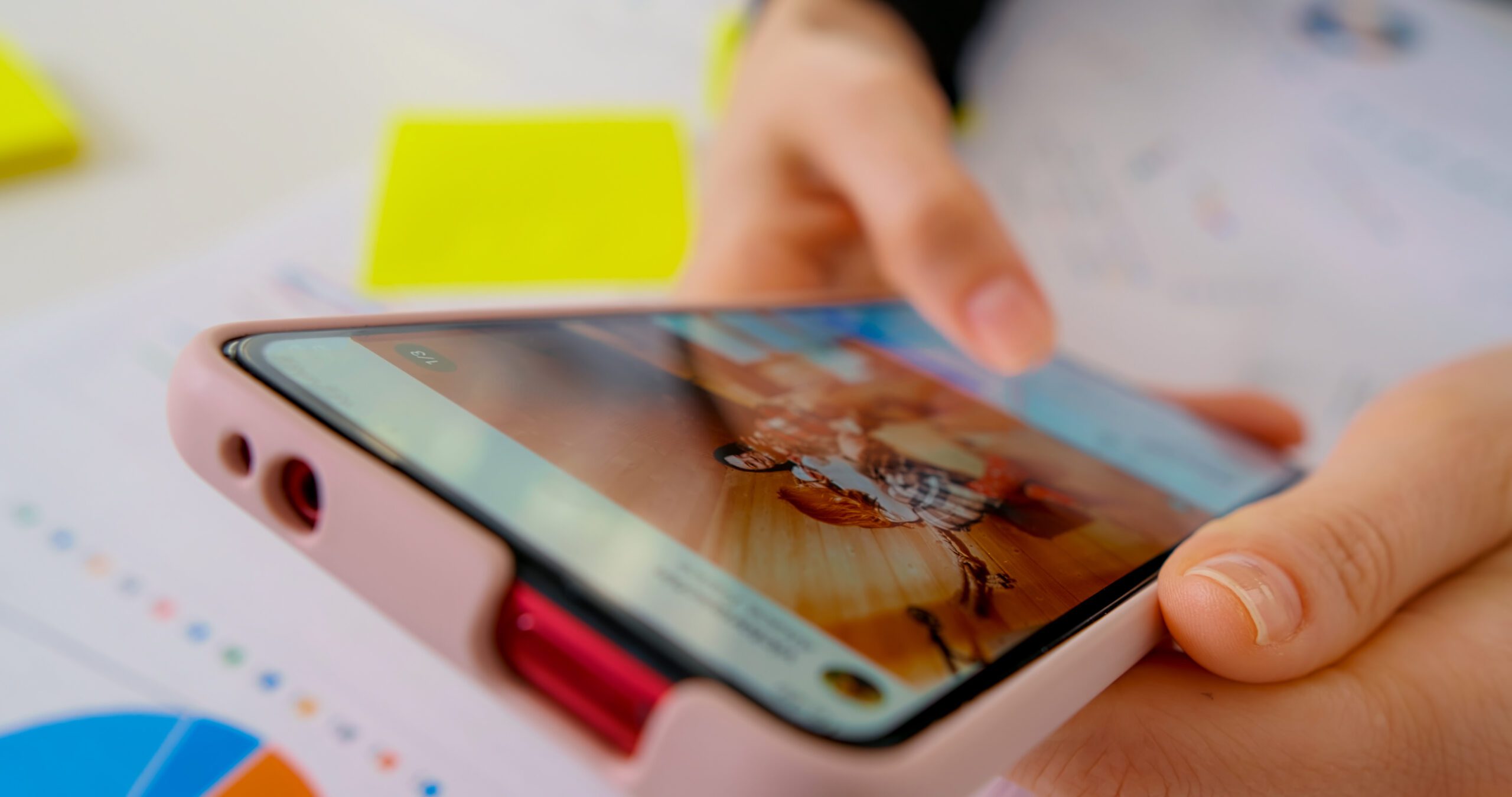Why Your Social Media Habits Might Be Making You Miserable—and What You Can Do About It
Cayla’s day always begins and ends the same way: with her phone in hand, scrolling through an endless stream of social media posts. She carefully curates her online persona, spending hours editing photos and crafting witty captions. But the more she shares, the more inadequate she feels. Every picture-perfect vacation and every announcement of a friend’s promotion or engagement feels like a painful reminder of her own perceived shortcomings.
Does Cayla’s experience sound familiar? The average person spends 145 minutes per day on social media platforms like Facebook, X, Instagram, Snapchat, and TikTok, but many of us are discovering that our online habits are negatively affecting our mental health. However, the good news is that you can take proactive steps to promote healthier online habits.
How Social Media Can Worsen Your Mental Health Struggles
Researchers are still learning about the full impact of social media on individual well-being, but there are some common threads in what past studies have revealed. Social media use can lead to:
-
- Decreased self-esteem. Constant exposure to unrealistic depictions of others’ lives can lead to feelings of inadequacy. For example, if you are a parent of small children, feeds filled with immaculate homes, meals cooked from scratch, and kids at elaborately planned activities may leave you feeling as though you’re somehow failing your children even though you know deep down that your kids are loved and well cared for.
- Increased anxiety and depression. Excessive scrolling has been linked to increased feelings of anxiety and depression, especially in those with pre-existing mental health conditions. Our brains aren’t well-equipped to process the endless stream of global crises, political conflicts, and interpersonal dramas that can flood our feeds.
- Cyberbullying and online harassment. The relative anonymity of online interactions can sometimes encourage cruel or aggressive behavior. Cyberbullying and online harassment are most common among teens and young adults, but people of any age can still find themselves becoming targets.
- Trouble sleeping. Do you use your phone or laptop for most of the evening? The combination of blue light from screens and stimulating content can interfere with your body’s natural sleep-wake cycle. This can lead to struggles with insomnia and overall poor sleep quality.
- Lowered focus and productivity. Constantly checking notifications can disrupt concentration and lead to procrastination on important tasks. This can affect your overall performance at work, as well as your relationships with others.
- Fewer in-person interactions. Overindulging in social media can detract from face-to-face interactions. If you find yourself turning down invitations from family and friends to spend more time online, it may be time to reevaluate your social media habits.
Creating Healthier Digital Habits
Luckily, you don’t have to give up your favorite social media sites altogether to see an improvement in your mental health. To promote a more balanced relationship with social media, consider the following:
- Set daily time limits for yourself. Give yourself designated times each day to check your favorite sites to prevent excessive scrolling. This ensures you have time for offline activities and promotes a more balanced lifestyle.
- Curate your feed. Don’t be afraid to unfollow accounts that trigger negative emotions. Your feed should lift your spirits, not drag them down. Search out content that inspires and educates. For example, if you’re struggling with anxiety or depression, following online support groups may help you feel less alone, debunk mental health myths, and give you some actionable tips to implement in your day-to-day life.
- Practice mindful scrolling. Before you open a social media app, pause and ask yourself: “Why am I doing this right now? What am I hoping to get out of it?” Mindfulness can help you differentiate between purposeful and habitual usage.
- Be selective with what you choose to share. The world doesn’t need to know every detail of your life. Share what adds value and enhances your overall well-being. Maintaining some mystery can be liberating.
- Limit notifications. Reduce the frequency of app notifications you receive to minimize distractions throughout your day. Without a constant stream of notifications, you’ll feel more productive and focused.
- Plan regular digital detoxes. Schedule time throughout your week to completely disconnect from social media. Use this detox period to engage in offline activities, connect with your friends or family, or simply relax without any digital noise.
- Prioritize healthy sleep habits. Poor-quality sleep can increase the frequency and severity of your mental health symptoms. Instead of using your phone or laptop before bed, try reading a book, taking a warm bath, or meditating.
- Seek out real-life experiences that bring you joy. Whether it’s joining a local club, volunteering, or simply having coffee with a friend, these experiences can provide a sense of fulfillment that likes and comments can’t match.
If you’re having trouble regulating your social media use despite your best efforts, you may be struggling with an addiction. Social media addiction is similar to compulsive shopping, gambling, sex addiction, and other types of behavioral addictions. Social media platforms are designed to trigger dopamine responses in the brain that can be extremely difficult to resist. Professional guidance may be necessary to help you develop the tools you need to move forward.
Get the Support You Need to Manage Your Mental Health
At Raleigh Oaks Behavioral Health in Garner, North Carolina, we understand the complex relationship between social media use and mental health. Our team of experienced health care professionals provides comprehensive services to support you in developing healthier digital habits and improving your overall quality of life. If your mental health struggles are keeping you from making the most of each day, don’t wait for things to get worse. Reach out to us today for a free, confidential evaluation.





